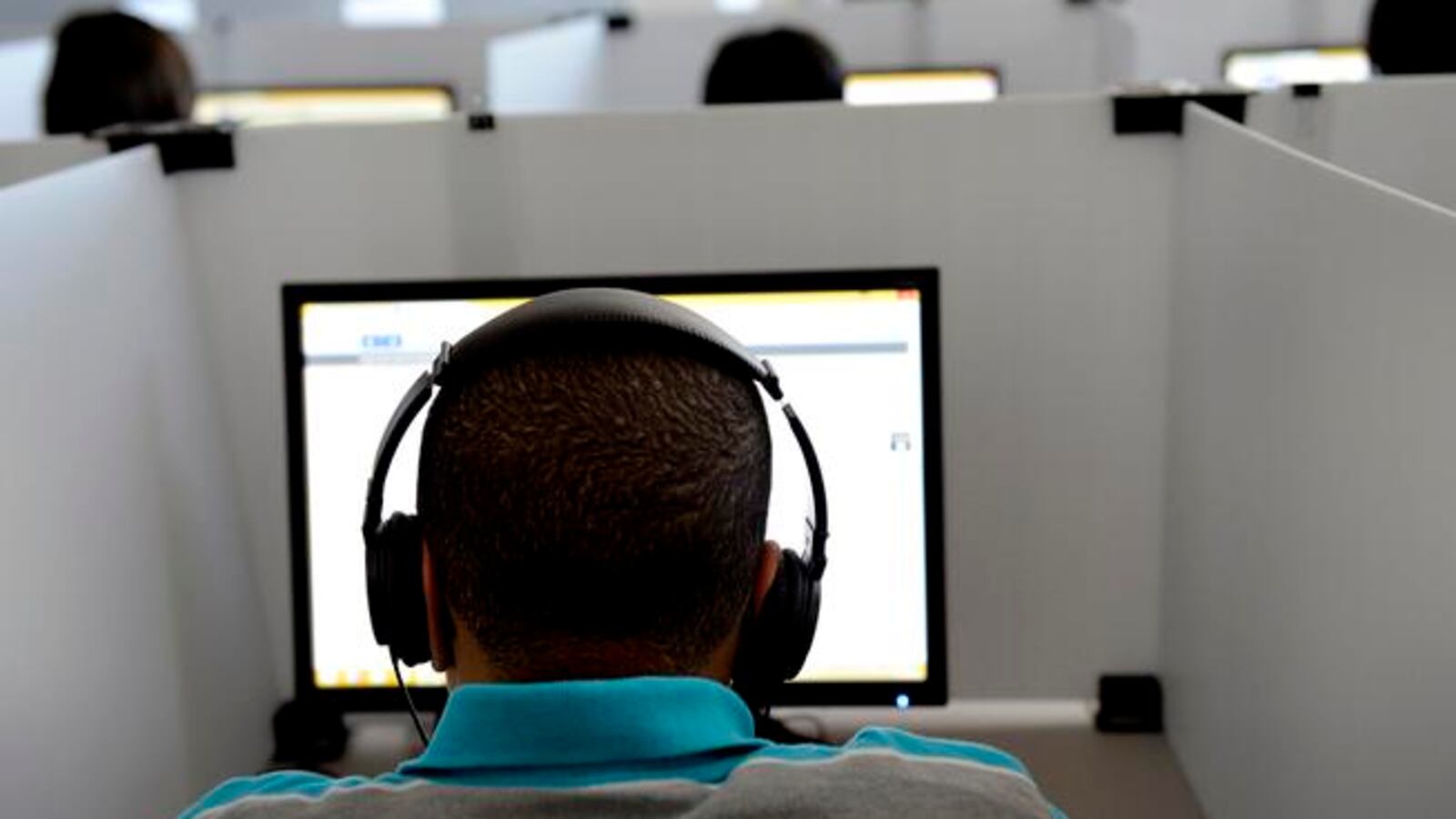The reading skills of America’s 15-year-olds haven’t improved since 2000, while math skills have actually declined in recent years, according to new results from a test given to students across the world.
But science scores suggested one possible upside: a narrowing of the gap between affluent and poor students’ scores.
The test, known as PISA, is a key international yardstick for how much students are learning — and a justification that policy makers frequently cite for pushing schools and teachers to do better. But a tumultuous decade and a half since the test was first administered, U.S. students again landed near the middle of the pack in 2015.
“We’re losing ground – a troubling prospect when, in today’s knowledge-based economy, the best jobs can go anywhere in the world,” U.S. Education Secretary John King will say Tuesday at an event in Boston, according to his prepared remarks.
In science, though, the relationship between poverty and achievement is loosening. The U.S. saw the biggest jump in that measure of equity since 2006. The country’s share of “resilient” students — poor students who ended up in a top-scoring group across all countries — also grew, from 25 percent to 31 percent.
Andreas Schleicher, the director for education and skills at the Organization for Economic Cooperation and Development, which organizes the tests, said he could only offer a hypothesis about the cause of America’s apparent increase in equity.
“What certainly contributed: over the last decade, there has been more attention to underperforming schools and underperforming students,” he said.
In math, the average U.S. score was 470, below the 490 average of the tested countries. The picture was brighter in Massachusetts, one of two states with its own scores this year, where the average math score was 500. Singapore, the highest scoring nation, had an average score of 564.
U.S. students overall did better in reading, with an average score of 497, and in science, with an average score of 496.
Compared to the average among countries that participated, a bigger share of U.S. students say they enjoy learning about science. More U.S. students also say they expect to have a career in science than the international average.


